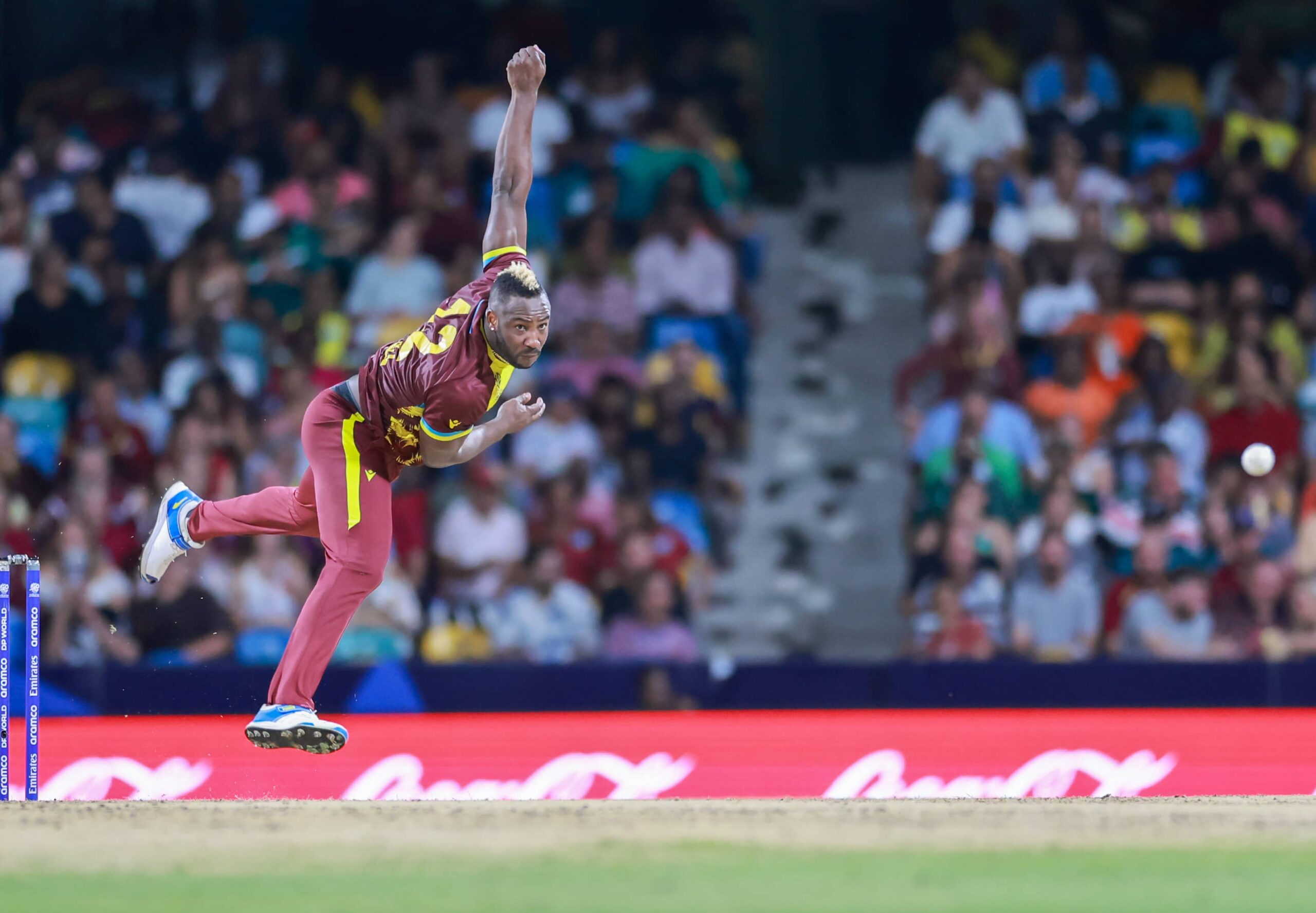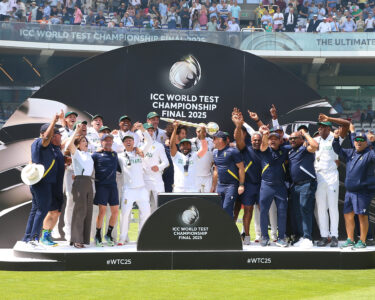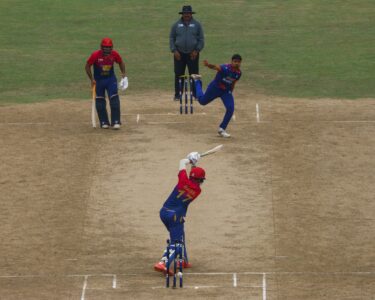Despite having a wealth of talent, the West Indies cricket team, which was once a strong force in international cricket, has struggled recently. This drop has multiple major causes:
The dispersed islands that comprise the West Indies lack cohesion and unity, with each island having its own distinct cricket culture and development pipeline. It is challenging to assemble a coherent national team as a result.
The emergence of profitable Twenty20 competitions such as the Indian Premier League has attracted numerous West Indian athletes to choose team cricket over representing their country. Players who have preferred T20 leagues over international duty include Kieron Pollard, Dwayne Bravo, and Andre Russell.
The squad has frequently been disrupted by governance problems and disagreements between players and the West Indies Cricket Board on compensation and other issues. Since the late 2000s, early tour withdrawals and player strikes have become frequent occurrences.
Inadequate domestic cricket competition to foster player development and get them ready for international participation. Talent has been found in the Caribbean Premier League, but it hasn’t resulted in steady success at the top level.
The immediate retirement of great players like Darren Sammy, Chris Gayle, and others created a hole that has been difficult for the current generation to fill.
After a shocking loss to Scotland in the qualifications, the team’s first-ever failure to advance to the 2023 ODI World Cup marks a new low that perfectly captures the team’s recent decline.
In essence, a combination of structural, financial, and governance challenges, along with the allure of T20 leagues, have eroded the West Indies’ great cricketing legacy and talent pool. Solving these ingrained issues will be necessary to turn the team back into a regular winner.




